35 start with L start with L
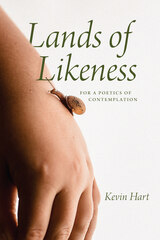
In Lands of Likeness, Kevin Hart develops a new hermeneutics of contemplation through a meditation on Christian thought and secular philosophy. Drawing on Kant, Schopenhauer, Coleridge, and Husserl, Hart first charts the emergence of contemplation in and beyond the Romantic era. Next, Hart shows this hermeneutic at work in poetry by Gerard Manley Hopkins, Marianne Moore, Wallace Stevens, and others. Delivered in its original form as the prestigious Gifford Lectures, Lands of Likeness is a revelatory meditation on contemplation for the modern world.
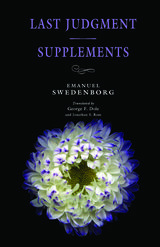
This volume comprises two short works, originally published separately, which describe the Last Judgment as Swedenborg claims to have witnessed it over the course of many months in 1757. In Last Judgment, first published in 1758, Swedenborg lays out how and why the Last Judgment occurred, explaining that history can be divided into a series of spiritual ages or churches. At the end of each age, evil threatens to overwhelm both the physical and the spiritual worlds, and the Lord restores balance between good and evil with a “Last Judgment.” Thus the 1757 Last Judgment, Swedenborg says, applied only to the souls of people who had lived since the time of Christ, and the reformation of the spiritual world allowed humanity to enter the next age with a new understanding of religion. In the second half of Last Judgment, Swedenborg describes how various types of people were judged, a theme he continues in the 1763 short work Supplements.
The new spiritual age that Swedenborg saw emerging during his lifetime is one of the foundational themes in his theology (a theme he explores more deeply in his later work, Revelation Unveiled, which is a commentary on the book of Revelation). In Supplements, Swedenborg succinctly introduces his understanding of the connection between heaven and earth and of how that connection plays out over the course of human history.
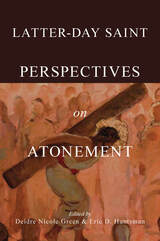
The Church of Jesus Christ of Latter-day Saints and other Christians have always shared a fundamental belief in the connection between personal salvation and the suffering, death, and resurrection of Jesus Christ. While having faith in and experiencing the atonement of Christ remains a core tenet for Latter-day Saints, some thinkers have in recent decades reconsidered traditional understandings of atonement.
Deidre Nicole Green and Eric D. Huntsman edit a collection that brings together multiple and diverse approaches to thinking about Latter-day Saint views on this foundational area of theology. The essayists draw on and go beyond a wide range of perspectives, classical atonement theories, and contemporary reformulations of atonement theory. The first section focuses on scriptural and historical foundations while the second concentrates on theological explorations. Together, the contributors evaluate what is efficacious and ethical in the Latter-day Saint outlook and offer ways to reconceive those views to provide a robust theological response to contemporary criticisms about atonement.
Contributors: Nicholas J. Frederick, Fiona Givens, Deidre Nicole Green, Sharon J. Harris, J.B. Haws, Eric D. Huntsman, Benjamin Keogh, Ariel Bybee Laughton, Adam S. Miller, Jenny Reeder, T. Benjamin Spackman, and Joseph M. Spencer
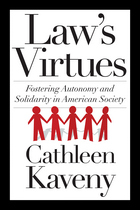
Can the law promote moral values even in pluralistic societies such as the United States? Drawing upon important federal legislation such as the Americans with Disabilities Act, legal scholar and moral theologian Cathleen Kaveny argues that it can. In conversation with thinkers as diverse as Thomas Aquinas, Pope John Paul II, and Joseph Raz, she argues that the law rightly promotes the values of autonomy and solidarity. At the same time, she cautions that wise lawmakers will not enact mandates that are too far out of step with the lived moral values of the actual community.
According to Kaveny, the law is best understood as a moral teacher encouraging people to act virtuously, rather than a police officer requiring them to do so. In Law’s Virtues Kaveny expertly applies this theoretical framework to the controversial moral-legal issues of abortion, genetics, and euthanasia. In addition, she proposes a moral analysis of the act of voting, in dialogue with the election guides issued by the US bishops. Moving beyond the culture wars, this bold and provocative volume proposes a vision of the relationship of law and morality that is realistic without being relativistic and optimistic without being utopian.
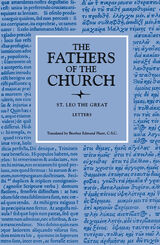
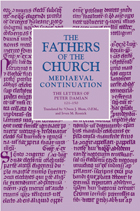
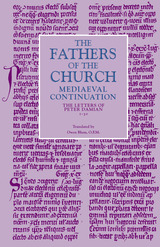
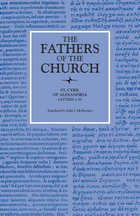
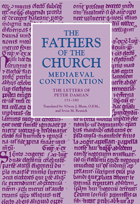
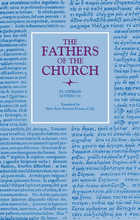
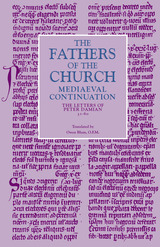
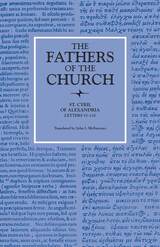
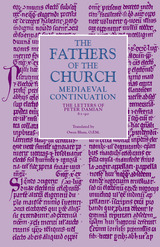
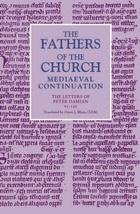
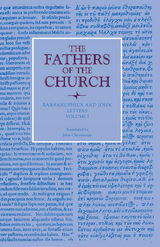
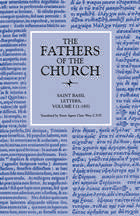
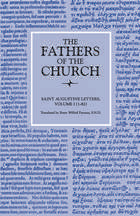
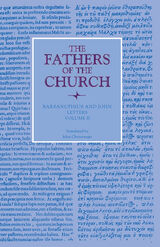
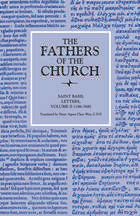
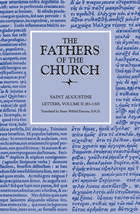
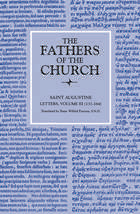
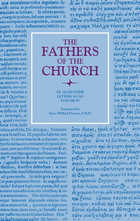
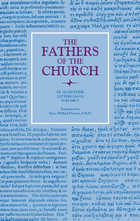
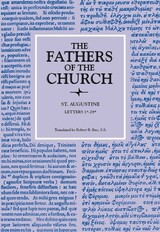
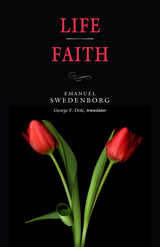
Life refers not to the life force that sustains us but to the way we live our lives. This short piece focuses on the concept of regeneration, or spiritual rebirth, as a process of consciously rejecting our own destructive impulses and internalizing love and goodness. It argues that the choices we make and the reasons we make them have everything to do with our salvation. Swedenborg includes a brief overview of the inner sense of the Ten Commandments as a way to understand the nature of the choice between good and evil.
In Faith, Swedenborg rejects the notion that faith can be a choice to believe things that make no rational sense. Instead, he defines faith as an inner recognition of what is actually true. He explores the complex relationship between faith and knowledge, and emphasizes that true faith can occur only in people who love others and treat them well.
Life / Faith is part of the New Century Edition of the Works of Emanuel Swedenborg (NCE), an ongoing translation series. The NCE series incorporates the latest scholarship and translation standards for a more accurate and accessible rendering of Swedenborg’s works. Traditionally titled The Doctrine of Life and The Doctrine of Faith, these short works are often published together with two others—The Lord and Sacred Scripture—under the title The Four Doctrines. These four titles will be published together in the forthcoming NCE hardcover annotated volume The Shorter Works of 1763.
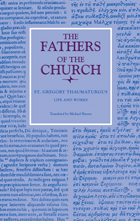

The first complete, modern translation of one of the most important Byzantine works of Marian doctrine and devotion.
John Geometres (ca. 935–ca. 1000) was one of the most highly esteemed poets and authors in Byzantium; yet his most important text, the Life of the Virgin Mary, remains largely unknown today. This literary and rhetorical masterpiece stands as a work of outstanding theological sophistication, animated by deeply felt devotion to the Mother of God. Geometres’s distinctive and idiosyncratic narrative offers a comprehensive biography, from Mary’s ancestry to her death and beyond, with special emphasis on her direction of Christ’s female disciples, her active participation in the passion and resurrection, and her leadership of the nascent Church. The Life has been rightly considered a critical missing piece in a larger puzzle connecting early Marian writings with later works. Based on a completely new edition of the Byzantine Greek text, this is the first complete translation of Life of the Virgin Mary into a modern language.

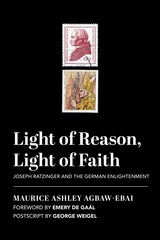
Ratzinger’s extraordinary and sympathetic understanding of the sources of contemporary secularism equipped him to appreciate the gains of the Enlightenment, while still being a fierce critic of the losses humanity has suffered when reason falsely excludes faith. Fr. Agbaw-Ebai’s account reveals Ratzinger, in relation to his various interlocutors, to be the truly “enlightened” one because he demonstrates a truly balanced understanding of the human mind. To be truly rational one must be able to hold to faith and reason both, reason informed by faith in Jesus Christ.
A particular merit of this book is Agbaw-Ebai’s presentation of Ratzinger’s treatment of the German Enlightenment’s greatest contributors: Kant, Nietzche, Hegel and Habermas, among others. In the postscript George Weigel characterizes what this study accomplishes in the larger framework of scholarship. “[Ratzinger’s] position remains too often misunderstood, and sometimes deliberately misinterpreted, throughout the whole Church. And to misunderstand, or misinterpret, Ratzinger is to misunderstand or misinterpret both the modern history of theology and the Second Vatican Council.” Agbaw-Ebai masterfully positions Ratzinger correctly in the history of ideas, and exhibits why Ratzinger will be remembered as one of its main players. Pure rationalists and true believers are equally indebted to him.
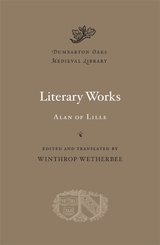
A product of the cathedral schools that played a foundational role in the so-called Twelfth-Century Renaissance, Alan of Lille was renowned for the vast learning which earned him the title of Doctor Universalis. His writings include many significant contributions to the development of systematic theology, but he was also the most important Latin poet of his time, the great age of Medieval Latin poetry. The works included in this volume aim to give imaginative expression to the main tenets of Alan’s theology, but the forms in which his vision is embodied are strikingly original and informed by a rich awareness of poetic tradition.
The “Sermon on the Intelligible Sphere” translates Platonist cosmology into the terms of a visionary psychology. In the Boethian dialogue of the De planctu Naturae the goddess Nature inveighs against sodomy and “unnatural” behavior generally. The Anticlaudianus, viewed as virtually a classic in its own day, is at once a summa of the scholastic achievement of the Twelfth-Century schools and an allegory of spiritual pilgrimage that anticipates the Divine Comedy.
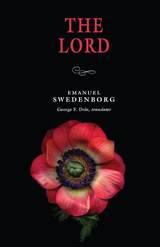
In his short work The Lord, Swedenborg presents an answer to the time-honored question of how Jesus and God are related: he argues that they became in every way one and the same. Throughout his works Swedenborg uses the term “Lord” to refer to Jesus as the embodiment of God. In this work he emphasizes that the traditional trinity of Father, Son, and Holy Spirit should be thought of not as three separate divine Persons that have always coexisted but as three aspects now present within one divine Person—Jesus in his resurrection.
The Lord also touches upon key themes in Swedenborg’s theology: the spiritual reasons why the Lord came to earth; the significance of the death and resurrection of his human form; and the ways in which his coming was foretold in the Old Testament. Throughout the book, Swedenborg provides extensive biblical references to support his arguments. He concludes with a brief chapter describing the New Jerusalem, a reference to both the city described in the book of Revelation and the new spiritual age that is now unfolding.
The Lord is part of the New Century Edition of the Works of Emanuel Swedenborg (NCE), an ongoing translation series. The NCE series incorporates the latest scholarship and translation standards for a more accurate and accessible rendering of Swedenborg’s works. Traditionally titled The Doctrine of the Lord, this short work is often published together with three other short works—Life, Faith, and Sacred Scripture—under the title The Four Doctrines. The Swedenborg Foundation will publish these four titles together in the forthcoming NCE hardcover annotated volume The Shorter Works of 1763.
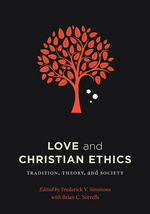
At the heart of Christian ethics is the biblical commandment to love God and to love one's neighbor as oneself. But what is the meaning of love? Scholars have wrestled with this question since the recording of the Christian gospels, and in recent decades teachers and students of Christian ethics have engaged in vigorous debates about appropriate interpretations and implications of this critical norm.
In Love and Christian Ethics, nearly two dozen leading experts analyze and assess the meaning of love from a wide range of perspectives. Chapters are organized into three areas: influential sources and exponents of Western Christian thought about the ethical significance of love, perennial theoretical questions attending that consideration, and the implications of Christian love for important social realities. Contributors bring a richness of thought and experience to deliver unprecedentedly broad and rigorous analysis of this central tenet of Christian ethics and faith. William Werpehowski provides an afterword on future trajectories for this research. Love and Christian Ethics is sure to become a benchmark resource in the field.
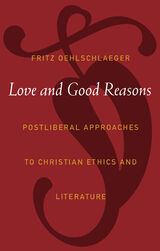
Love and Good Reasons combines postliberal narrative theology—especially Stanley Hauerwas’s Christian ethics and Alasdair MacIntyre’s idea of traditional inquiry—with recent scholarship in literature and ethics including the work of Martha Nussbaum, J. Hillis Miller, Wayne Booth, Jeffrey Stout, and Richard Rorty. Oehlschlaeger offers detailed readings of literature by five major authors—Herman Melville, Jane Austen, Anthony Trollope, Henry James, and Stephen Crane. He examines their works in light of biblical scripture and the grand narratives of Israel, Jesus, and the Church. Discussing the role of religion in contemporary higher education, Oehlschlaeger shares his own experiences of teaching literature from a religious perspective at a state university.

Although the two great commandments to love God and to love our neighbors as ourselves are central to Christianity, few theologians or spiritual writers have undertaken an extensive account of the meaning and forms of these loves. Most accounts, in fact, make love of God and love of self either impossible or immoral. Integrating these two commandments, Edward Vacek, SJ, develops an original account of love as the theological foundation for Christian ethics.
Vacek criticizes common understandings of agape, eros, and philia, examining the arguments of Aquinas, Nygren, Outka, Rahner, Scheler, and other theologians and philosophers. He defines love as an emotional, affirmative participation in the beloved's real and ideal goodness, and he extends this definition to the love between God and self. Vacek proposes that the heart of Christian moral life is loving cooperation with God in a mutually perfecting friendship.

Loyal Dissent is the candid and inspiring story of a Catholic priest and theologian who, despite being stripped of his right to teach as a Catholic theologian by the Vatican, remains committed to the Catholic Church. Over a nearly fifty-year career, Charles E. Curran has distinguished himself as the most well-known and the most controversial Catholic moral theologian in the United States. On occasion, he has disagreed with official church teachings on subjects such as contraception, homosexuality, divorce, abortion, moral norms, and the role played by the hierarchical teaching office in moral matters. Throughout, however, Curran has remained a committed Catholic, a priest working for the reform of a pilgrim church. His positions, he insists, are always in accord with the best understanding of Catholic theology and always dedicated to the good of the church.
In 1986, years of clashes with church authorities finally culminated in a decision by the Congregation for the Doctrine of the Faith, headed by then-Cardinal Josef Ratzinger, that Curran was neither suitable nor eligible to be a professor of Catholic theology. As a result of that Vatican condemnation, he was fired from his teaching position at Catholic University of America and, since then, no Catholic university has been willing to hire him. Yet Curran continues to defend the possibility of legitimate dissent from those teachings of the Catholic faith—not core or central to it—that are outside the realm of infallibility. In word and deed, he has worked in support of more academic freedom in Catholic higher education and for a structural change in the church that would increase the role of the Catholic community—from local churches and parishes to all the baptized people of God.
In this poignant and passionate memoir, Curran recounts his remarkable story from his early years as a compliant, pre-Vatican II Catholic through decades of teaching and writing and a transformation that has brought him today to be recognized as a leader of progressive Catholicism throughout the world.
READERS
Browse our collection.
PUBLISHERS
See BiblioVault's publisher services.
STUDENT SERVICES
Files for college accessibility offices.
UChicago Accessibility Resources
home | accessibility | search | about | contact us
BiblioVault ® 2001 - 2024
The University of Chicago Press









